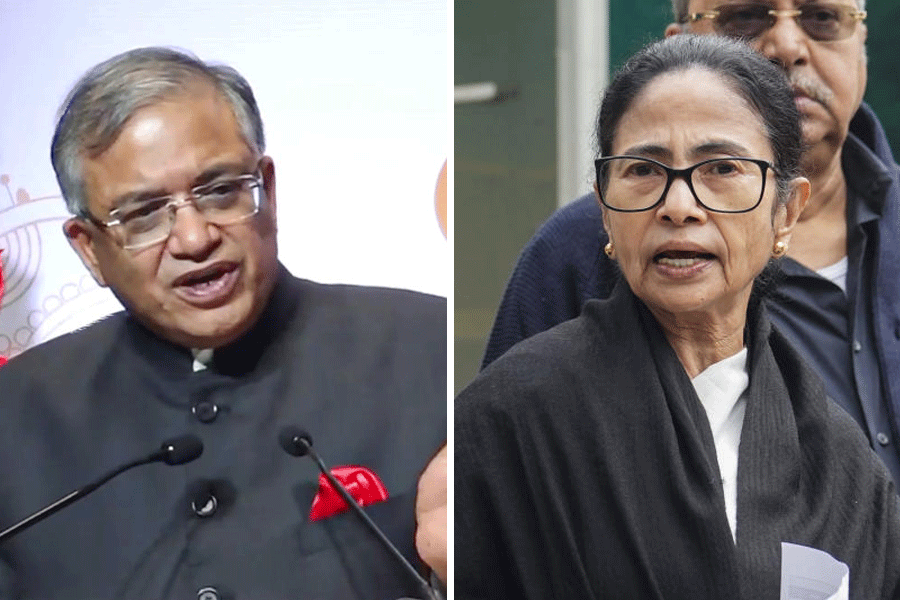
Guwahati, June 10: Officials of the Northeast Frontier Railways are trying to create awareness among the public about bio-toilets, which have been introduced to keep the environment clean.
However, as the public is largely unaware about these toilets, there have been several instances where these have been misused and damaged.
The best feature of these bio-toilets is that no human waste is released.
Unlike the usual toilets in coaches, these toilets are fitted with a tank-like structure where anaerobic bacteria acts on human waste and converts it to methane gas and water.
This water is then distilled with chlorine tablets in the tank. This water is the only thing that passes out into the tracks, thus keeping the railway tracks clean.
"The NFR had begun retrofitting the bio-toilets in coaches about one-and-a-half years ago. This has been made with indigenous technology and has been found to have really good results in keeping the environment clean. These toilets are user friendly and easy to maintain. But the toilet gets damaged if people throw non-biodegradable substances into it. The passage to the tank below gets blocked and the bacterium is unable to act on the human waste," said Jayanta Kumar Sarma, the public relations officer of NFR.
This technology was introduced by the railways in January 2011 and the Gwalior-Varanasi Bundelkhand Express was the first train to have the bio-toilets retrofitted into its coaches. So far, 35,000 such toilets have been fitted in about 11,000 coaches across the country. The NFR has so far fitted 1,711 bio-toilets in 543 coaches.
"These bio-toilets are expensive and costs about Rs 1.25 lakh each. Hence, it is important that these are used in the proper manner. While we retrofit such toilets in old coaches, the newly manufactured coaches come fitted with these toilets. We plan to fit 2,350 bio-toilets in 2016-17. We even put up directions in Hindi and English in the washrooms in trains on how to use these toilets, but the people do not read it. There are dustbins available to throw wastes, but sadly many people dump bottles and plastics into these toilets," said Sarma.










